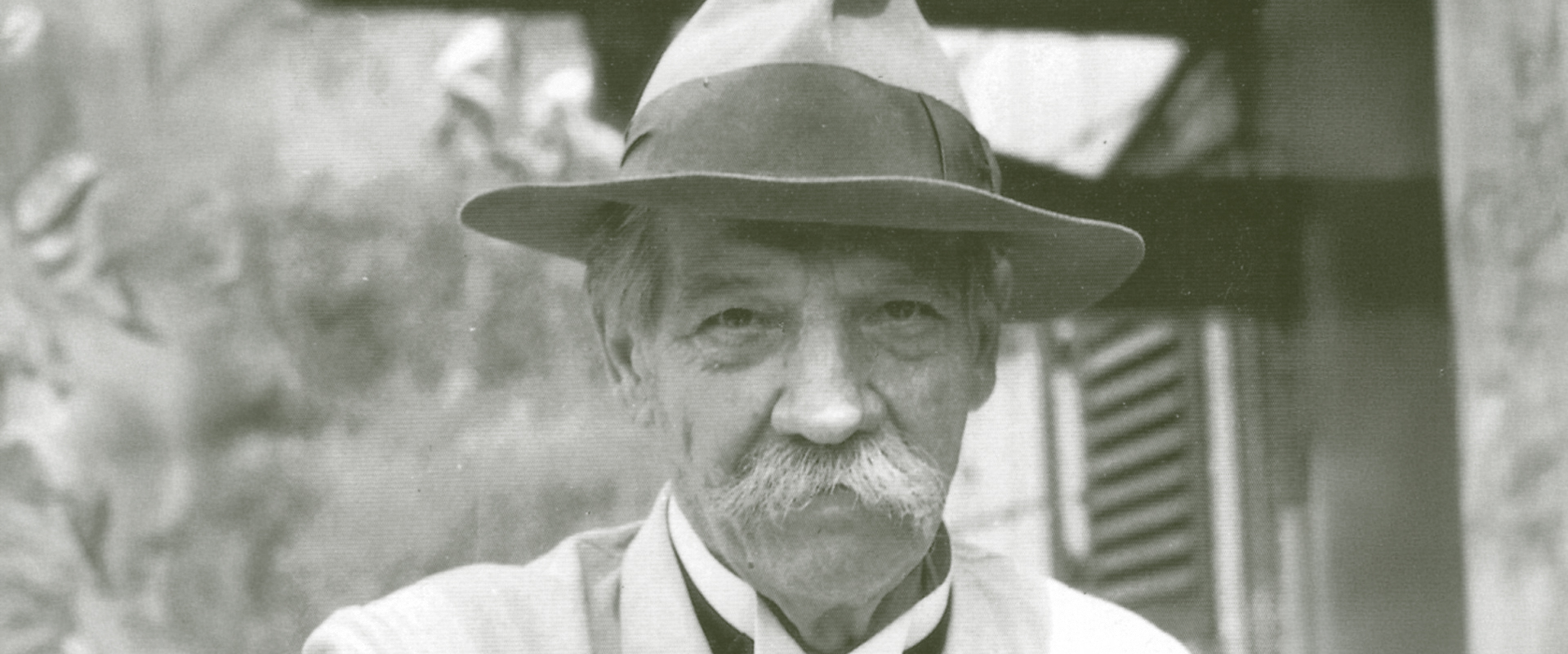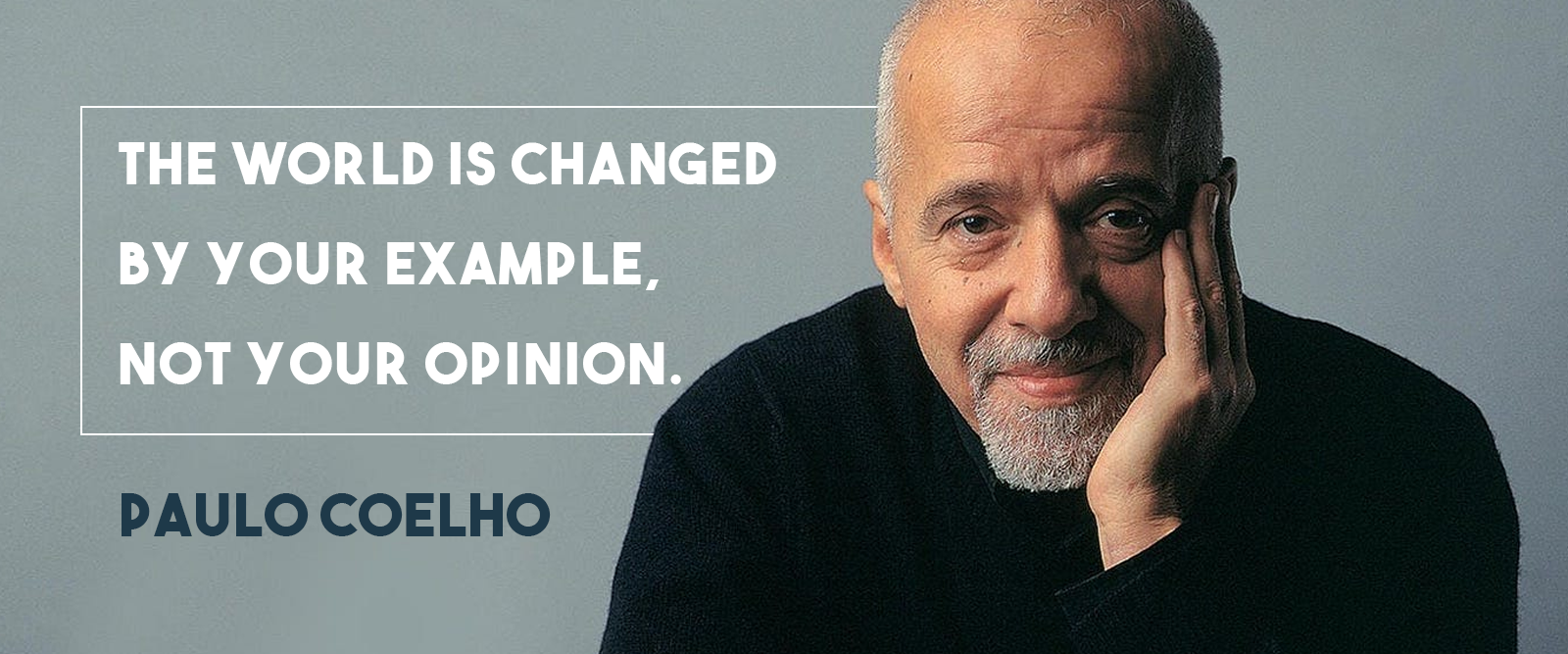Albert Schweitzer was a theologian, humanitarian, musician, and medical missionary.
For many years he was also the target of a great deal of criticism. Some didn’t like his theology, others didn’t like his way of ministering to the poor and caring for the sick. So, naturally, they talked bad about him.
Instead of defending himself or debating the know-it-alls, he just kept working.
In a letter to a friend, he explained his reasoning:
“I decided that I would make my life my argument.”
Over the course of time, Schweitzer won the argument. He got the recognition he deserved, including a Nobel Peace Prize. He wasn’t perfect, his theology wasn’t perfect, his methodology wasn’t perfect — but he refused to spend his life promoting himself, or even explaining himself. He left that to others. He chose, instead, to allow his work, his actions, his life speak for themselves.
Maybe he remembered the words of Solomon…
Let someone else praise you, and not your own mouth; an outsider, and not your own lips. (Proverbs 27:2)
Schweitzer also once said: “Example is not the main thing in influencing others. It is the only thing.”
Of course, when it comes to setting a good example, no one can claim a perfect track record.
But what if — for today — we took Schweitzer’s words to heart?
What if we were to say: I will make this day my argument. Today I will seek to influence others not with an abundance of words or a series of lectures, but with a living example of what the Christian life should be.
Winning the argument with your actions takes longer, to be sure. But the impact of your example goes deeper than words ever will.
Make it your ambition to lead a quiet life: You should mind your own business and work with your hands, just as we told you, so that your daily life may win the respect of outsiders and so that you will not be dependent on anybody. (1 Thessalonians 4:11-12)
Today’s memo is updated from a previous post. It first appeared at Preaching Library.




